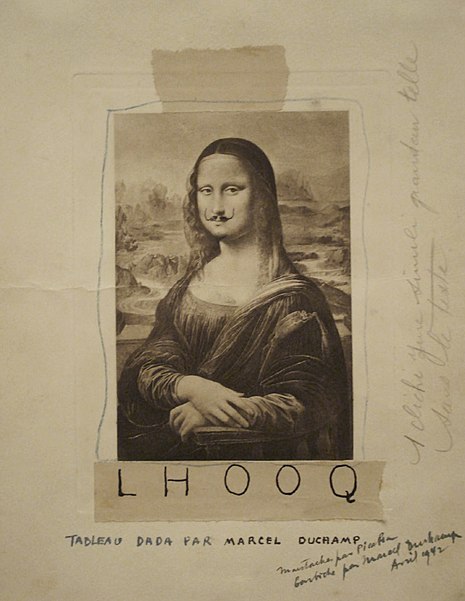This is all too correct. Sadly the older methods for writing, note taking, thinking, and memory have fallen by the wayside, so most literate moderns don't have the tradition most of (elite educated) Western culture has had for the past 2000+ years.
The long tradition of commonplace books and their related versions including waste books, florilegium, sudelbücher, scholia, glossae, notebooks, anthologies, sylvae, table books, vade mecum, memoranda books, diaries, miscellanies, pocket books, thesauruses, etc. underlines your thesis well. The Zettelkasten, exactly like almost all of these others, is simply an iteration of the commonplace book instantiated into index card form.
One of the reasons that Umberto Eco's advice on writing seems so similar to the zettelkasten method is that he was a medievalist scholar who was aware of these long traditions of writing, note taking, and memory and leveraged these for himself, though likely in a slightly different manner. Would anyone suggest that he didn't have a voluminous output or an outsized impact on society and culture?
If one really wants to go crazy on the idea of backlinks and the ideas of creativity and invention, perhaps they ought to brush up on their Catalan and read some Ramon Llull? He was an 11th century philosopher and polymath who spent a lot of time not only memorizing much of his personal knowledge, but who invented combinatorial creative methods for juxtaposing his volumes of information to actively create new ideas. I guarantee no backlinking system held a match to his associative methods. Now if someone wanted to mix some mysticism into the fray, then perhaps there might be a competition...
Many who are now writing so positively about Zettelkasten or backlinks are doing so in much the same way that humanist scholars like Desiderius Erasmus, Rodolphus Agricola, and Philip Melanchthon did when writing about and re-popularizing commonplace books in the 1500s. The primary difference being that the chance that they leave as lasting a legacy is much smaller. Worse many of them are crediting Luhmann for the actual invention of the Zettelkasten when his is but one instantiation on a long evolution of many note taking devices over literal millennia. I'm still waiting for folks to spend more time talking about Carl Linnaeus' revolutionary invention and use of the index card. Or John Locke's system for creating a new indexing system for commonplace books. Generally we don't talk about these innovations because their users spent more of their time using their systems to get other more important things done for their legacies.
In the end, the message seems clear, anyone can be incredibly productive; most of it boils down to having some sort of system of reading, thinking, note taking, and new production and sticking with it for a while. Have a system; use your system; evolve it slowly to work well for you and the way you think and work.
